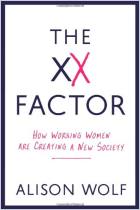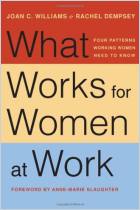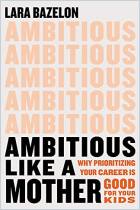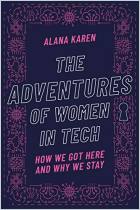
Mothers Unite!
Organizing for Workplace Flexibility and the Transformation of Family Life
Recommendation
Women begin their careers on par with men, but often drop out of the workforce to raise children. If and when they return, says Rutgers professor of public policy Jocelyn Elise Crowley, they re-enter at much lower pay levels and must cope with employers’ often-unrealistic expectations about their full-time availability. There is a better alternative: “workplace flexibility,” which offers women options for handling their responsibilities at work and at home. In return for this change in policy, employers get energized, loyal, committed workers. It’s a win-win. The question is, will mothers unite for workplace flexibility? Crowley surveyed the members of five mothers’ organizations about their interest in flexible work options as a matter of public policy and the potential that they might unite to organize a “mothers’ movement.” Most members believe workplace flexibility is the pivot point for solving many job-related problems and for bringing peace at last to the mythical “Mommy Wars” that pit stay-at-home moms against working moms. Though it’s somewhat academic, getAbstract recommends this analysis to advocates, employers and interested parents who are juggling work and kids.
Summary
About the Author
Jocelyn Elise Crowley is a lecturer of public policy at Rutgers University and is the author of Defiant Dads: Fathers’ Rights Activists in America and The Politics of Child Support in America.

















Comment on this summary or Начать обсуждение